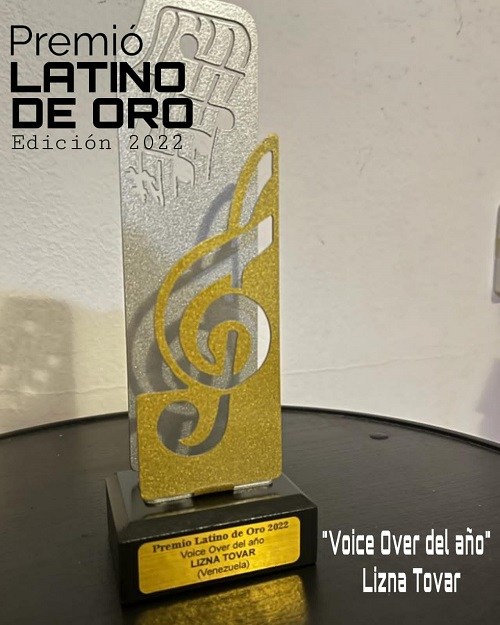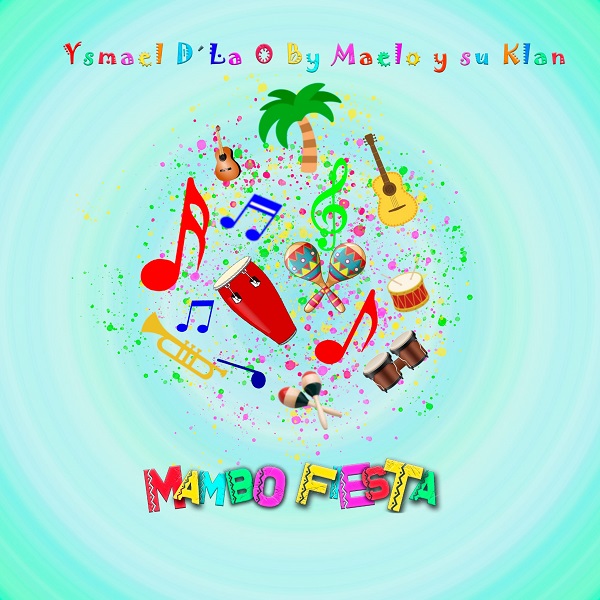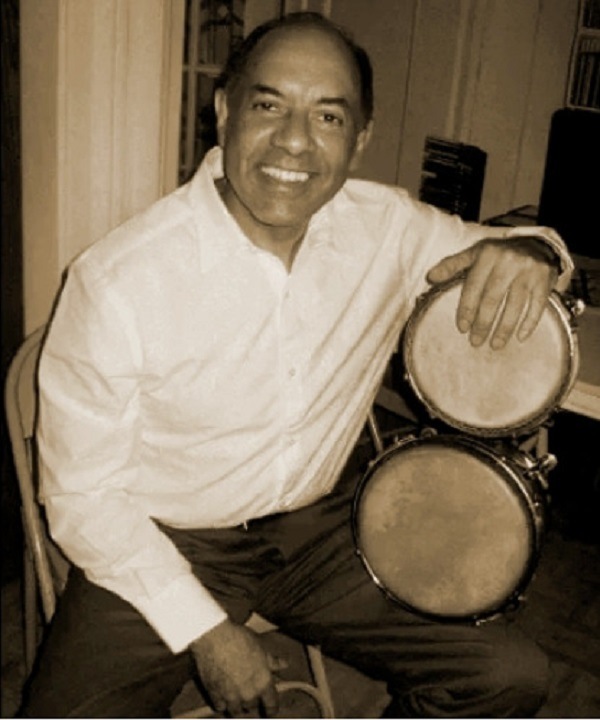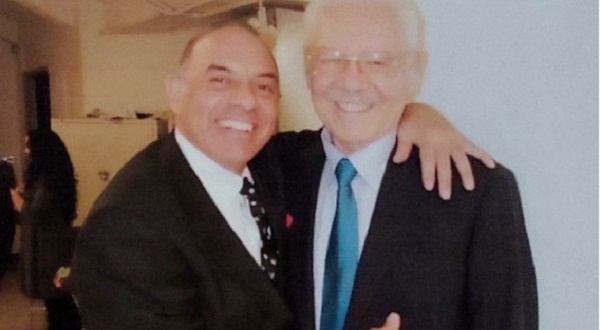International Salsa Magazine through salsagoogle.com presents Crisanto Edecio Romero Carpio from the Pearl of the Caribbean, Margarita Island and the history of our Caribbean musical culture.
A few months ago in conversations with my friend Salvador García Landaeta, a man with a great trajectory in the musical and radio field and a great connoisseur of the world of Salsa, I made a comment about the name of the title of this publication.
The history of our Caribbean musical culture has had a roller coaster of ups and downs in terms of our musical heroes.
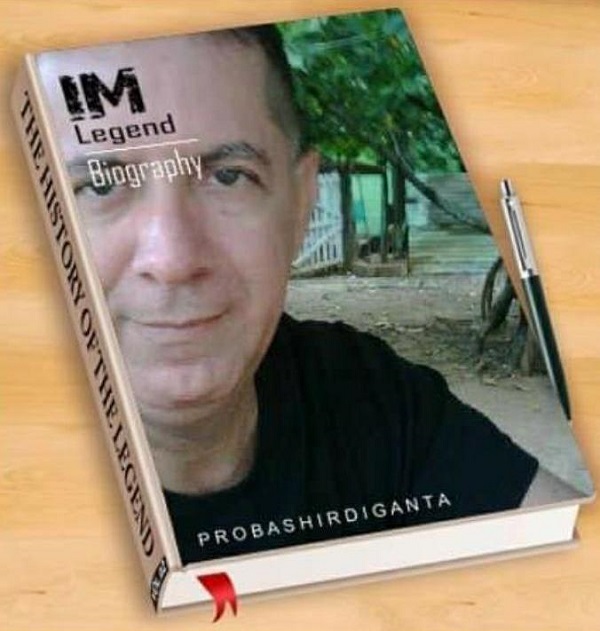
But the fact is that since our Caribbean musical identity was baptized with the name of Salsa, the so-called detractors began, an endless number of opinions that yes it was me, that yes it was sultanito, etc.
There began the tejemaneque, opinionators of office, radio inquisitors, professional payoleros, businessmen fascinerosos, and there was no shortage of rolo e vivos who took ownership of issues that were not even theirs to feast.
But I go much further because even in the Mecca of cinema some people got rich with some movies that it is better not to remember them so as not to play the game and not to stain the name of one of the best Salsa interpreters of all history.
Now, are we in the XXI Century or are we still in the Middle Ages? Our Latin Thing called Salsa today resists a demonic onslaught of criticism and a musical advance poor in lyrics and a denigrating theme towards women, our women, our daughters, our mothers. A vulgar and dishonest language and with an advertising, radio and audiovisual apparatus that costs millions of dollars worldwide.
But Salsa is still there, in every corner, in every neighborhood, in the old LPs that we keep as true musical treasures, in every gathering and conversation among friends.

It is necessary to point out that all is not lost, people who from their communication trenches make a very important contribution.
It would be mean of me to point out any one in particular but when this “Message” arrives, many will know who I am referring to.
This article was a debt with my Salsera people, and to them I dedicate this reflection a day after learning of the death of one of the best interpreters that Puerto Rico has given, I am referring to Ubaldo “Lalo” Rodriguez.
I admired Lalo since his beginnings with Palmieri, his time with Machito and then with his solo project. A career full of successes, awards, and a situation that led him to face the evils of our society where it is easy to get in but very difficult to get out.

The musical career of Lalo Rodriguez, a horse that was born among the greats and became Immortal (although some boasted of “killing him” after his death). Sad and painful for those characters.
Salsa does not die and will never die. And I close my commentary with a phrase written more than 2000 thousand years ago; let him who is without sin cast the first stone.
Crisanto Romero.
For the Ataca Quintero Project by Jaime Quintero and Salvador García.
https://www.facebook.com/crisantoedecio.romerocarpio
You can read: Hector Maisonave Manager of the Greatest Salseros in New York






